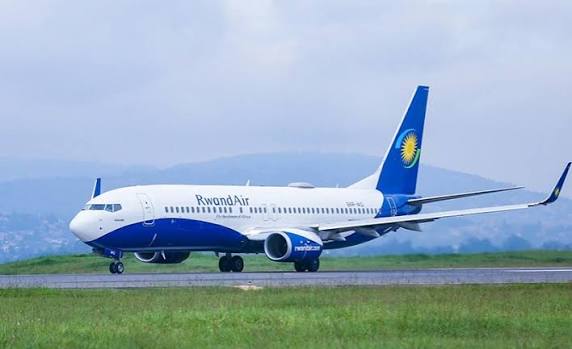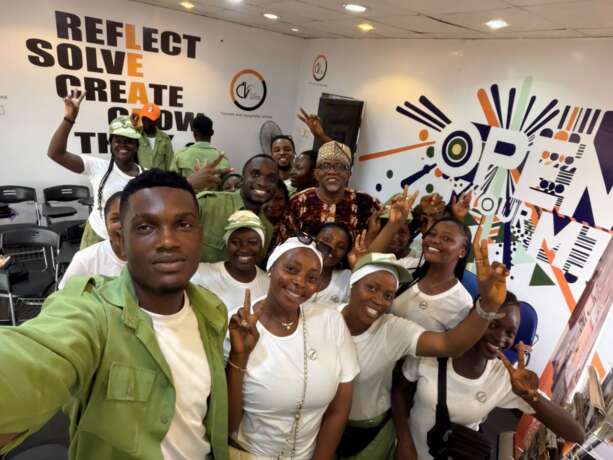
Coca-Cola’s European bottling arm, Coca-Cola Europacific Partners (CCEP), has launched an extensive recall of popular drinks including Coca-Cola, Sprite, and Fanta due to the detection of dangerous chlorate levels at its Ghent production facility.
The contamination, discovered during routine checks, affects six countries—Belgium, the Netherlands, Britain, Germany, France, and Luxembourg with products distributed since late November.
Chlorate contamination poses severe health risks, particularly for children and individuals with iodine deficiencies.
Experts warn that high chlorate intake can impair the blood’s ability to absorb oxygen and potentially lead to kidney failure.
“Children are especially vulnerable to long-term exposure,” a food safety expert explained.
The recall extends to other brands under the Coca-Cola umbrella, including Fuze Tea, Minute Maid, Nalu, Royal Bliss, and Tropico.
Affected products are marked with production codes ranging from 328 GE to 338 GE.
While the exact quantity of contaminated beverages remains undisclosed, Coca-Cola officials described the affected batch as “considerable.”
In an official statement, CCEP Belgium apologised for the incident and reassured consumers that they are working closely with authorities to manage the situation.
“We regret any inconvenience caused and are taking every measure to ensure the safety of our customers,” the company stated.
Most contaminated products have reportedly been removed from store shelves, with ongoing efforts to clear remaining inventory. Consumers are advised to refrain from consuming the affected beverages and return them to their point of purchase for a refund.
The recall has prompted concerns among consumers about food safety standards in beverage production.
A consumer rights advocate commented, “This incident highlights the importance of stringent safety checks.
The health risks posed by chlorate cannot be underestimated.”
Authorities across the affected nations are closely monitoring the recall process and have urged the public to cooperate by checking production codes on purchased beverages. As investigations continue, Coca-Cola is expected to enhance its quality control measures to prevent a recurrence.
The company faces mounting pressure to regain public trust following the incident, which has dented its reputation as a leader in the global beverage market.








